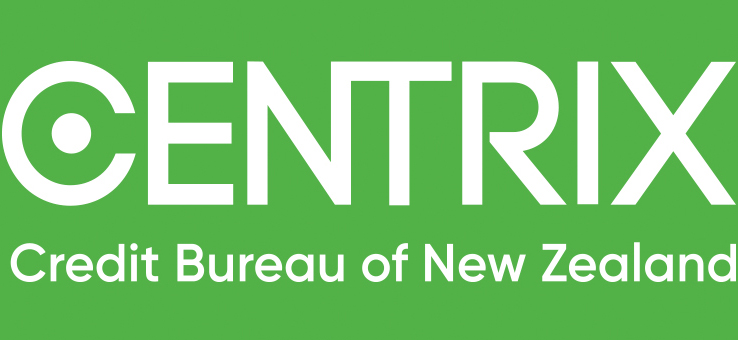The Credit Contracts and Consumer Finance Act (CCCFA) aims to protect vulnerable consumers from predatory lending practices. Businesses that lend money – from banks and finance companies, to payday loan companies – must now take additional steps to ensure they are only providing credit to people who can afford it.
The CCCFA sets out rules the lender must follow when lending you money. These rules also mean you get useful information to help you understand what you are agreeing to before you sign a loan contract.
The CCCFA covers a wide range of transactions, including mortgages, credit cards, personal loans, as well as consumer leases.
Several changes to the CCCFA were made at the end of 2021, with a focus on enforcing additional requirements to responsible lending. Under these new regulations, lenders will be required to gather more information about borrowers, and complete thorough due diligence on a borrower’s finances, to ensure they can afford the repayments on their loans without hardship. There are also new caps on fees and charges, intended to reduce the cost of borrowing.
These regulation changes have consequently made it much more difficult for people to borrow money, as lenders are becoming far more cautious about extending credit. Understanding and improving your credit score is now crucial to be able to borrow large sums of money, particularly for first-home buyers.
What are lenders looking for?
Lenders want to get a good understanding of how you manage your money.
This means they are going to look at what you are spending your money on, how much you are saving, what other loans you have and what they are for.
They are also going to analyse your credit score and your personal credit report detailing your payment history closely. Your credit score is a number between one and 1,000 and indicates your creditworthiness. The higher your number, the stronger your credit history and more likely you are to pay your bills on time.
Your financial history impacts your credit score. If you make prompt repayments, avoid taking on extra debt and are responsible with your finances, your credit score will be higher and you will be more attractive to lenders, who will be more likely to approve your loan applications.
Centrix provides personal credit reports at no charge, and it’s good to be aware of the information on your own credit report so you can be sure the information is up-to-date and accurate. . If you have a low score there are actions you can take. Pay down any high-interest debt, avoid borrowing any unnecessary money, reduce the number of credit cards and Buy Now Pay Later accounts you have and reduce your credit limits.
Finally, make sure your direct debits or automatic payments are properly set-up and you are paying all your bills – including parking fines – on time.
Lenders want to lend money to people who can demonstrate they can manage their money and meet their repayments. With a bit of foresight and planning, you can make their jobs easier and increase the chances they say yes.
Want to know your personal credit score? Click here to have your personal credit report sent to you for free.

